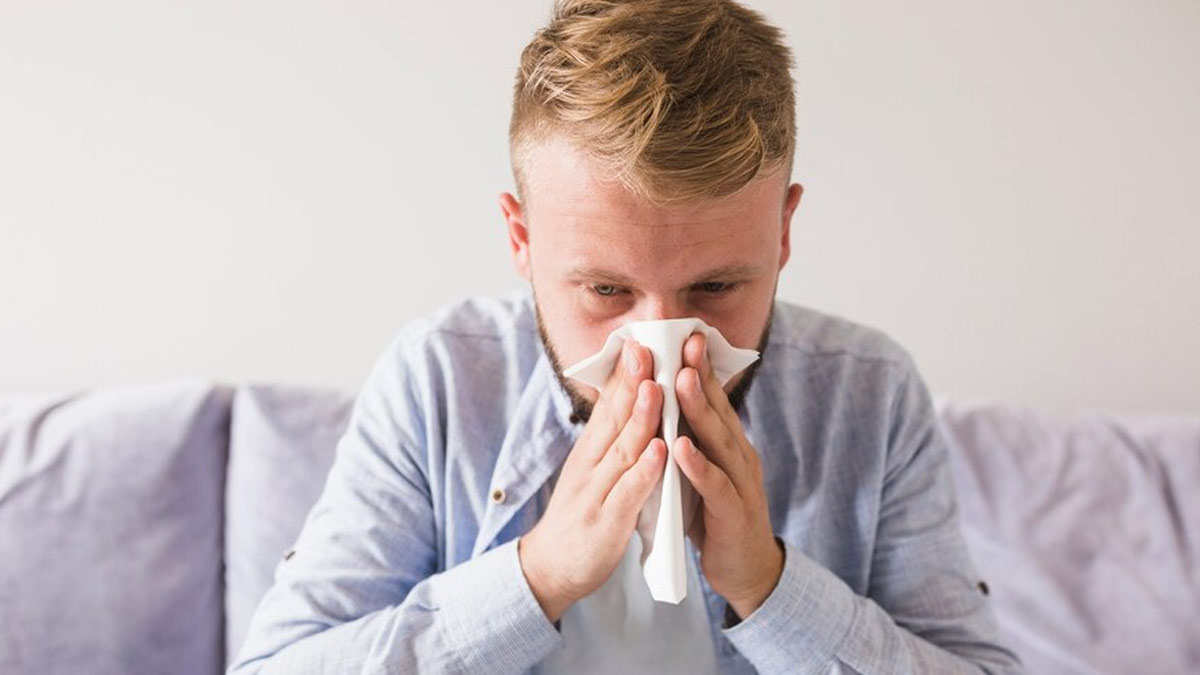
As autumn arrives with its cooler days and cozy vibes, it also brings along the usual colds and flu. It’s that time of year when many of us start feeling a little under the weather, but staying healthy doesn’t have to be hard. With just a few easy changes, you can avoid those seasonal bugs and enjoy the season without worry. Here are some essential tips to help you steer clear of germs and infections as autumn arrives.
Table of Content:-
Tips to Avoid Germs and Infections as Autumn Arrives
1. Keep Your Hands Clean

According to StatPearls, maintaining proper hand hygiene reduces the spread of microorganisms, which in turn lowers the risk of infections, cuts healthcare costs, shortens hospital stays, and decreases overall reimbursement.
Germs can live on surfaces we touch throughout the day, from doorknobs to phones. Washing your hands with soap and water for at least 20 seconds can significantly reduce the chances of picking up or spreading harmful bacteria and viruses. In cases where soap and water aren’t available, use an alcohol-based hand sanitiser to keep your hands germ-free.
2. Strengthen Your Immune System
Autumn is the perfect time to support your immune system with healthy habits. A strong immune system is your body’s natural defence against infections, so it’s important to nourish it with the right nutrients. Include foods rich in vitamins and minerals in your diet, such as vitamin C (found in oranges, bell peppers, and leafy greens) and zinc (found in nuts, seeds, and beans). These nutrients help strengthen the immune response.
Also Read: Understanding The Differences: Influenza, Viruses, And Pneumonia in Children
3. Stay Hydrated

Have you ever noticed how the level of water consumption goes down in cooler months? Hence, it is important to drink enough water to keep your immune system functioning properly. Water helps to flush toxins out of the body and keeps mucous membranes in the nose and throat moist, making it harder for germs to settle in. Aim to drink at least 8 cups of water daily, and consider warm drinks like herbal teas to stay cosy and hydrated at the same time.
4. Disinfect Commonly Touched Surfaces
During autumn, cold and flu germs can linger on surfaces like countertops, keyboards, phones, and light switches. Hence, make it a habit to regularly disinfect high-touch surfaces, especially if someone in your home is already sick. You can use disinfectant wipes or sprays that are effective against viruses and bacteria to keep these areas germ-free.
5. Get Plenty of Rest

Sleep plays a vital role in keeping your immune system strong. According to the Sleep Foundation, sleep and the immune system share a bidirectional relationship. Immune responses, such as those triggered by viral infections, can influence sleep patterns. Conversely, regular sleep enhances immune function, helping maintain a balanced and effective defence against illness.
Adults should aim for 7-9 hours of sleep each night, while children and teens may need even more. Establishing a regular sleep routine and creating a restful environment can help improve the quality of your sleep.
Also Read: Dealing With Flu? Here Is Why You Should Try Elderberry
6. Avoid Close Contact with Sick People
As the weather cools and people start spending more time indoors, germs can spread quickly in enclosed spaces. If someone around you is sick, try to keep your distance and avoid close contact. This is especially important in public places like buses, trains, or offices where you’re more likely to be exposed to respiratory infections. If you must be in close quarters, wearing a mask can add a layer of protection.
7. Keep Your Home Ventilated
With cooler temperatures, it’s tempting to keep windows closed, but proper ventilation is key to preventing the spread of germs indoors. Allow fresh air to circulate by opening windows or using fans to improve airflow. This reduces the concentration of airborne viruses and bacteria inside your home, keeping it healthier.
[Disclaimer: This article contains information for informational purposes only, hence, we advise you to consult your own professional if you are dealing with any health issues to avoid complications.]
Also watch this video
Read Next
Hardik Pandya Chills Out With Ice Baths: Unveiling The Health Perks Of His Cool Recovery Routine
How we keep this article up to date:
We work with experts and keep a close eye on the latest in health and wellness. Whenever there is a new research or helpful information, we update our articles with accurate and useful advice.
Current Version